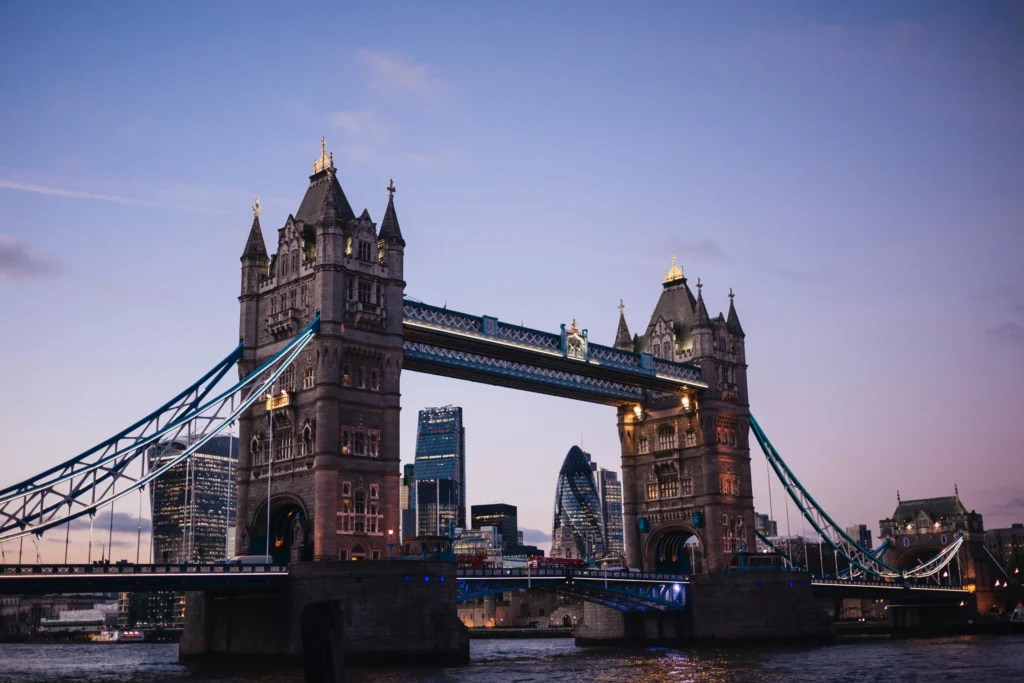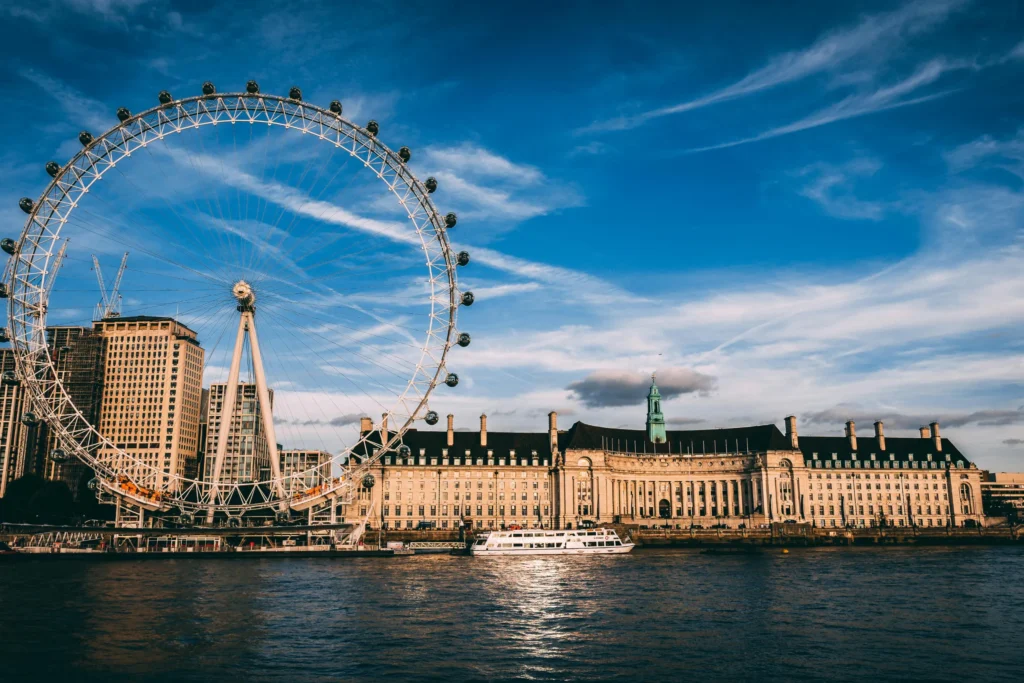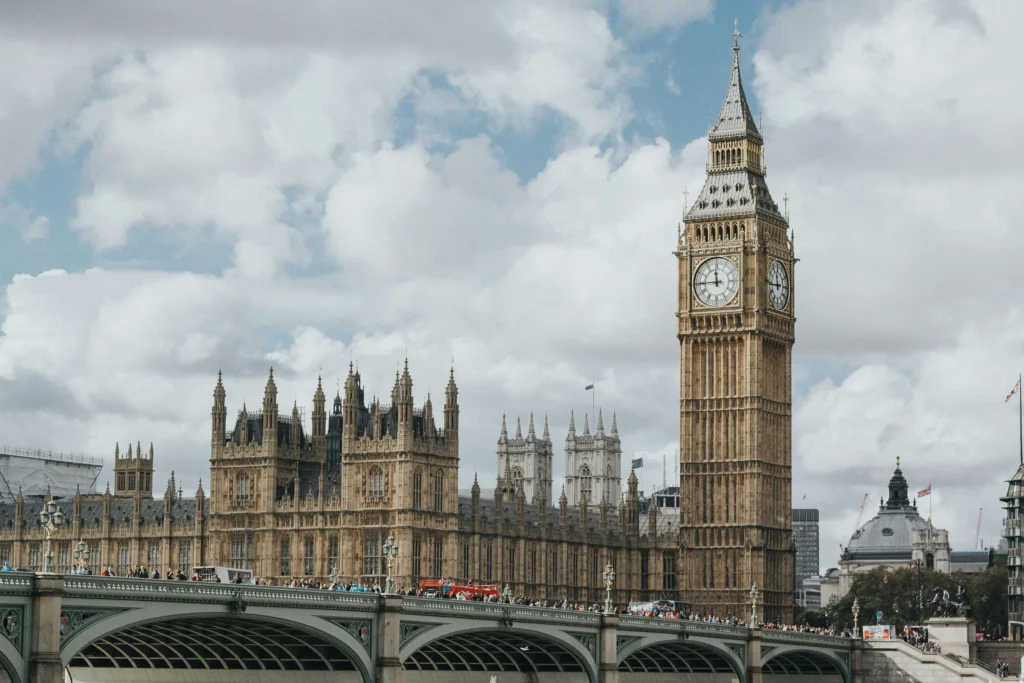When is United Kingdom Independence Day?



Where history meets modern diversity
Day(s)
:
Hour(s)
:
Minute(s)
:
Second(s)
When is the United Kingdom Independence Day?
The United Kingdom does not have an Independence Day like other countries, because it was never colonized or governed by another modern state. Instead, the UK celebrates national events such as St George’s Day in England, St Andrew’s Day in Scotland, St David’s Day in Wales, and St Patrick’s Day in Northern Ireland, which are observed with cultural, historical, and ceremonial activities. It has national day on April 23rd.
Is the United Kingdom Independence Day a public holiday?
Since the United Kingdom does not have an Independence Day, there is no official public holiday for it. However, the national days like St George’s Day, St Andrew’s Day, St David’s Day, and St Patrick’s Day are celebrated regionally, and some may include cultural events, parades, and local observances.
The history of UK Independence
The history of UK Independence is rooted in the 1770s when colonists grew increasingly frustrated under the rule of King George III. Great Britain imposed unpopular taxes on sugar, stamps, and other goods, which fueled tensions. The Boston Massacre saw British troops shoot and kill five colonists, and Bostonians famously dumped 92,000 pounds of British tea into the Boston harbor in protest of the Tea Act, which granted the East India Tea Company a monopoly on tea. The Quartering Act required colonists to house British soldiers, escalating disputes further. Subsequently, the “shot heard ’round the world” at Lexington and Concord marked the start of active resistance against Britain’s well-trained troops. Virginia delegate Richard Henry Lee proposed a motion in the Second Continental Congress to formally declare independence. Committees led by Thomas Jefferson, John Adams, Roger Sherman, Benjamin Franklin, and Robert R. Livingston drafted the Declaration of Independence at the Declaration House. After the First World War and a period of civil strife, independence was affirmed. Today, the United Kingdom celebrates this national day with public observances, festive gatherings, and commemorations honoring the decades-long struggle. A festive countdown often precedes celebrations, reminding citizens of the historic triumph.
Capital of UK
London is the capital and largest city of England and the United Kingdom, with a population of approximately 8.9 million and a metropolitan area of 15.1 million. It sits on the River Thames in southeast England, extending to a tidal estuary leading to the North Sea. Founded by the Romans as Londinium, the city has retained medieval boundaries while growing into a modern metropolis. London’s City of Westminster hosts the national government and parliament, while Greater London encompasses Middlesex, Essex, Surrey, Kent, and Hertfordshire. As a global city, London influences art, fashion, commerce, finance, education, healthcare, media, technology, tourism, and transport. Its universities, including Imperial College London and University College London, as well as the London School of Economics, maintain international prestige. London features numerous cultural landmarks such as Buckingham Palace, Tower Bridge, the London Eye, and the British Museum. The city also hosts major sporting events like the FA Cup Final, Wimbledon Tennis Championships, and the London Marathon. Visitors and locals alike often participate in festive events, with a festive counter highlighting special dates and countdowns to commemorate historical milestones, including the nation’s independence.
Countries & Main Regions of the United Kingdom
| Country / Region | Official Language | Main Dialect | Famous For |
|---|---|---|---|
| England | English | British English (various regional accents) | London, Stonehenge, historic landmarks |
| Scotland | English, Scottish Gaelic | Scottish English, Scots | Edinburgh Castle, Highlands, whisky |
| Wales | English, Welsh | Welsh English | Snowdonia, Cardiff, Welsh culture & language |
| Northern Ireland | English, Irish, Ulster Scots | Ulster English | Belfast, Giant's Causeway, history |
🇬🇧 United Kingdom National Days 2025–2030
| Year | Day | Date (Gregorian) |
|---|---|---|
| 2025 | St George's Day (England) | April 23, 2025 |
| 2026 | St George's Day (England) | April 23, 2026 |
| 2027 | St George's Day (England) | April 23, 2027 |
| 2028 | St George's Day (England) | April 23, 2028 |
| 2029 | St George's Day (England) | April 23, 2029 |
| 2030 | St George's Day (England) | April 23, 2030 |
* The United Kingdom does not have an official Independence Day. Instead, the UK observes national days for its constituent countries, such as St George's Day (England), St Andrew's Day (Scotland), St David's Day (Wales), and St Patrick's Day (Northern Ireland). These days celebrate the patron saints and cultural heritage of each nation.
FAQs
What is the national currency of the UK?
The official currency of the United Kingdom is the Pound Sterling (GBP)
What is the national language of the UK?
The primary language of the UK is English, widely spoken across all regions.
What is the capital of the UK?
The capital city of the UK is London, known for its history, iconic landmarks, and cultural diversity.
